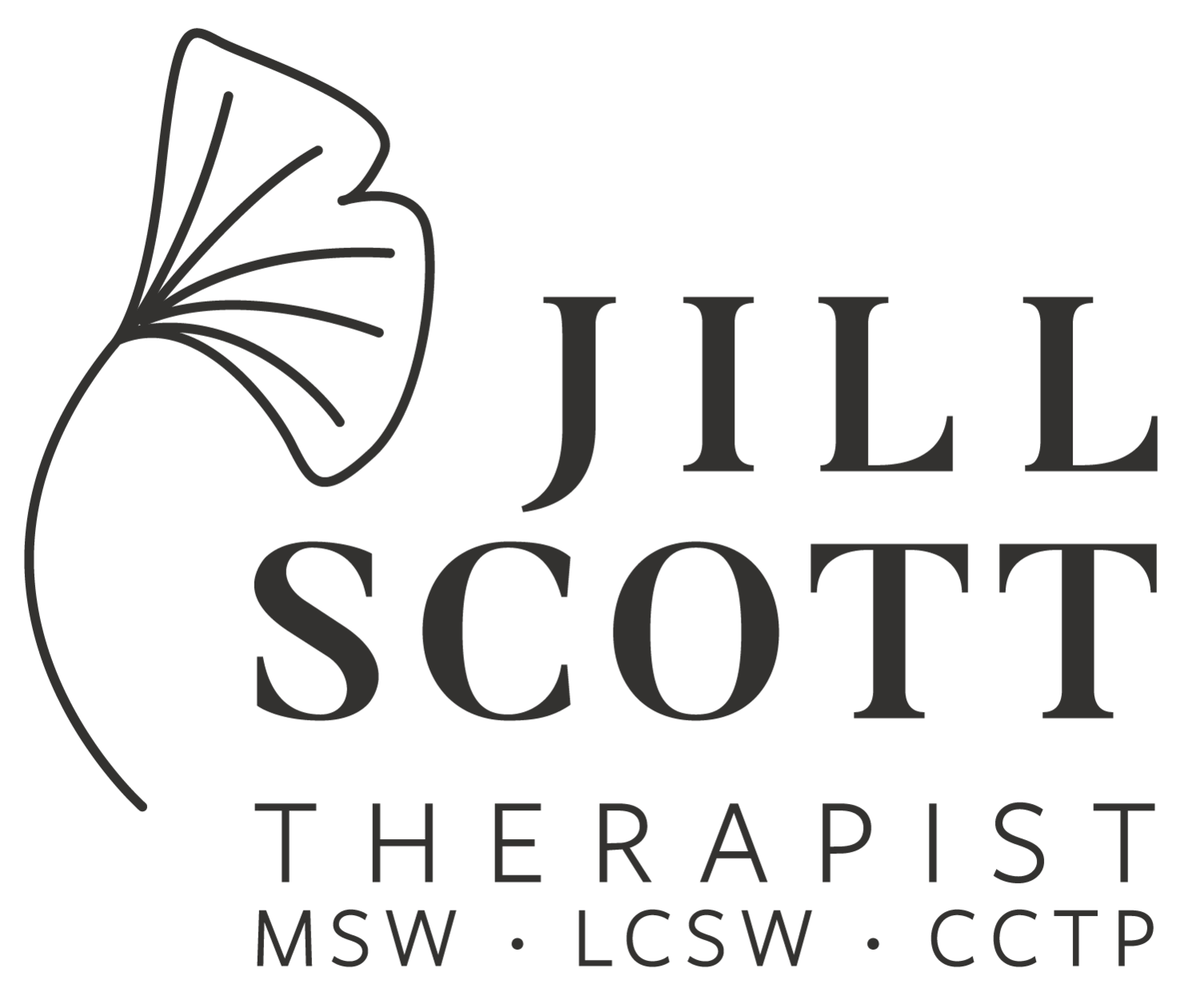Finding the Goodness In Being Bad At Things
“The most dangerous way we sabotage ourselves is by waiting for the perfect moment to begin. Nothing works perfectly the first time, or the first fifty times. Everything has a learning curve. The beginning is just that – a beginning. Surrender your desire to do it flawlessly on the first try. It’s not possible. Learn to learn. Learn to fail. Learn to learn from failing.” —Vironika Tugaleva
When was the last time you did and kept doing something you were bad at doing? I’m not referring to things you may not “like” to do; like making a phone call to schedule an appointment, filling out an expense report, coming up with something to make for dinner every night, etc. I mean something that you wanted to do but avoided starting or continuing because you were “sure” you would never figure it out, improve, or otherwise avoid feeling embarrassed by your “badness”?
Is it hard to come up with anything? I get it. As kids, most of us had the luxury of time and the expectation that we would learn new skills. Many of us can recall the feeling of “getting better” at something whether it was a sport, artistic endeavor, specific academic subject, or learning the names of all of the dinosaurs and Greek gods. Oftentimes we admittedly had no choice in the matter, but we were likely encouraged to participate in activities we enjoyed-to practice and get better at them-whether we showed an affinity for them right away or not.
As adults, our schedules are filled with the “musts” of life. We must go to work, we must feed the kids and get them to where they need to go, we must do the laundry, we must care for elderly family members, we must make meals, we must care for our pets, we must pay our bills. There’s often not a whole lot of time for hobbies and optional skill building, so why, when given the opportunity, should we choose to do something we don’t feel we’re good at doing?
I really grappled with this question myself when I decided to take Spanish classes about two months ago. I realized during the first class that this is not going to be something that clicks for me right away. Most of my classmates, it seemed, already spoke multiple languages, and made what we were learning seem easy, at least in my eyes. I experienced feelings I hadn’t in a while that are very uncomfortable: embarrassment, inadequacy, defeatism. I walked out of the class thinking of ways to justify the reason I was going to quit-maybe I don’t have time for this right now, maybe I need to work on this on my own for a while, maybe I don’t need to learn Spanish.
Fortunately, I quickly recognized my maladaptive thought process. I was deciding that I was going to fail, so needed to stop immediately to avoid the discomfort and frustration of being bad at something. And do you know what else I was going to avoid? I was going to avoid the process and feeling of getting better at something. I was going to avoid the humility that comes with reflecting on how little I know about something, and being curious about and engaged in the process of learning more. I was going to avoid getting to know my classmates, who are lovely and interesting people from all over the world. I was going to avoid growing. Suddenly, being bad at something feels pretty good, and I’m going to keep going to Spanish class.
